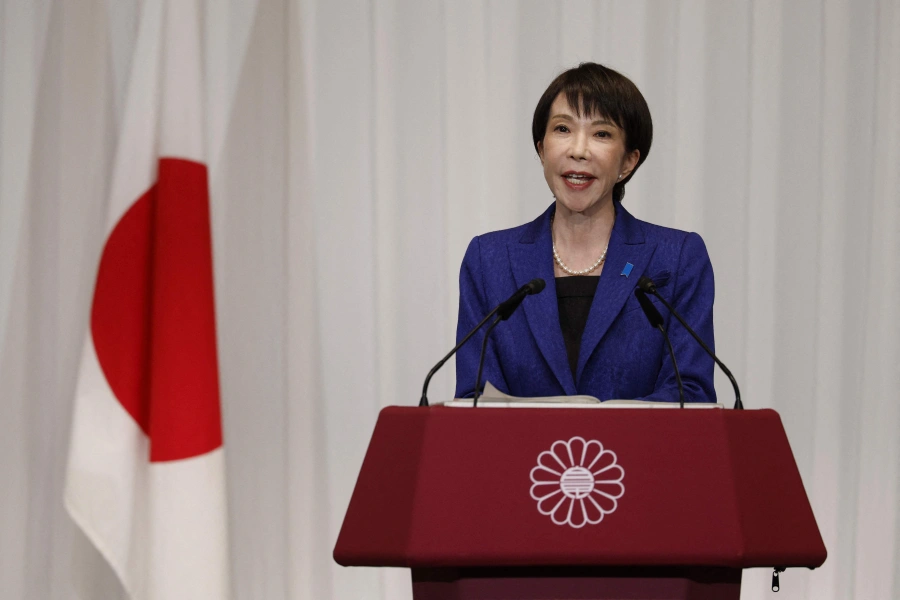Nepal’s essential service sectors—such as hospitals and educational institutions—have been victims of protests and obstructions. Whenever the employees therein have to express their resentment with the government’s decisions and policies they resort to protests, halting services and in the process causing great inconvenience to service seekers. At least 50,000 patients were badly affected due to protests of doctors in government hospitals on Friday. This troubling trend got almost institutionalized in the era of political transition. Such protests rarely happen elsewhere in a civilized society and the government comes up with alternative plan to discourage such protests. Halting essential services is unpardonable offense for it can threaten to collapse the whole system. Imagine, employees of electricity and telecommunication authorities resorting to obstruction of service. Imagine the house is on fire and fire brigade office does not care to come to aid. It will lead to total collapse of service sector and result in chaos. In this context, Thursday’s cabinet decision to ban protests in the supply and delivery of essential services is a welcome step. The plan is to keep essential services like transport, health and education up and running all the time.
As a matter of fact, such a move is essential, for actors of virtually every essential service sector have been resorting to protests and obstruction of services to get their demands—legitimate or illegitimate—fulfilled. We have precedents of transport entrepreneurs resorting to strike every time the government tries to bring transport sector under regulatory and monitoring framework. Health sector is no exception. Government Doctors’ Association of Nepal (GODAN), for example, has halted all services except emergency from Friday across the country. The agitating doctors have resentment with Service Adjustment Bill, which they claim, confines them to local and provincial areas and does not allow them to get transfer to federal bodies. Doctors associated with GODAN have been protesting against the Bill for quite a while and they had withdrawn protest on February 15 after the government assured them of addressing their demands. Now they are back to protest citing non-compliance of the agreement. They want amendment to Civil Servants Adjustment Bill so that they can also be placed under the federal government. And they have threatened to resign en masse if their demands are not met. Here is the contradiction. While the government is about to ban strikes in essential services, the employees associated with such service have openly defied the government.
Govt adds internet to essential services list, bars protests ai...

Some of the concerns raised by GODAN are legitimate. One of their issues is unequal distribution of doctors. While the government has assigned only 10-15 doctors in Sudur Paschim and Karnali provinces each, as many as 120 doctors have been placed in Province 3 and 100 in Province 2. This needs to be corrected. If they are trying to avoid working in remote areas, where they are needed the most, such demand should not be entertained. Disrupting services in essential sectors is illegal as per the existing laws too. Governments in the past tried to enforce those laws but in vain. In 2017, the Ministry of Home Affairs had published a similar notice in the Nepal Gazette warning all those concerned against disruption in supply of essential goods and services. This could not be executed. Nepal has failed to enforce the much-needed regulation several times in the past. It should not fail this time. The government should listen to the legitimate concerns of employees working in those sectors but at the same time end protests in essential services once and for all.




































